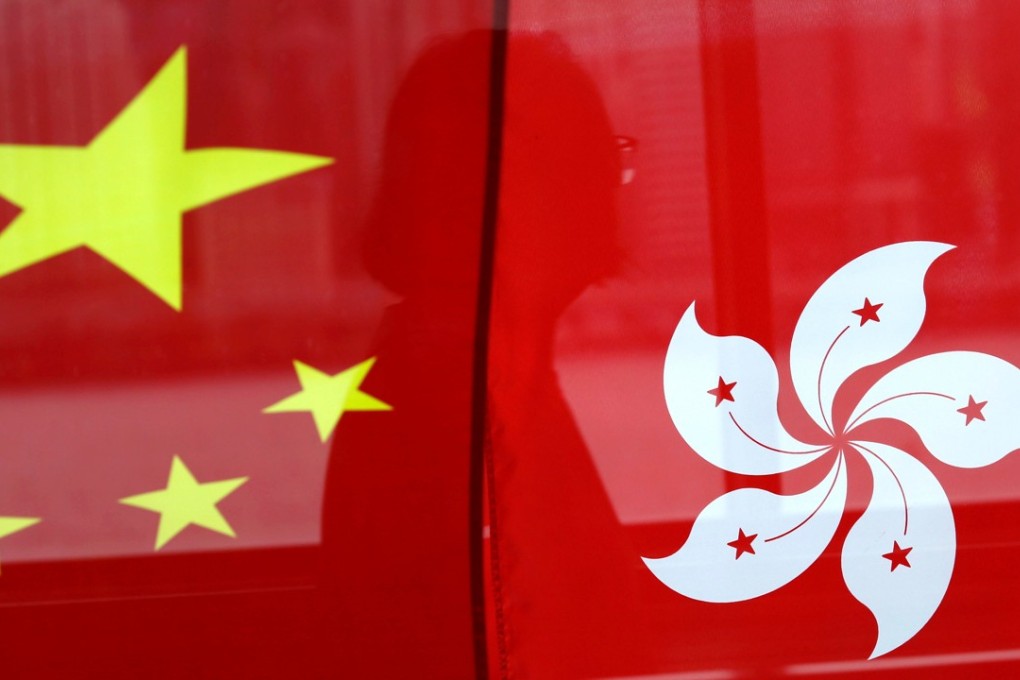Hong Kong, a city that still exudes movie magic, must get to grips with the political reality
Zhengxu Wang says Hongkongers may disagree with Beijing’s intolerance over any hint of independence advocacy, but they must accept it is a fact of life. Trust must be built up, and Hong Kong should embrace integration with the mainland

In early June, I spent a week in Hong Kong, meeting colleagues, speaking at academic seminars, and wandering around the streets and enjoying the city’s wonderful diversity of cuisine. The streets and restaurants evoked the Hong Kong movies of my adolescence and college years. In fact, this happens every time I visit Hong Kong – every part of the city seems to remind me of a movie scene.
Watch: Hong Kong’s 20 years in four minutes
Indeed, Hong Kong exerted enormous influence on Chinese culture in the 1980s and 1990s, so much so that a whole generation of mainlanders grew up fully immersed in Hong Kong movies and pop music. In those years, Hong Kong represented the frontier of contemporary pop culture. Movie characters played by Andy Lau Tak-wah, Chow Yun-fat, Tony Leung Chiu-wai were well known to many Chinese. Until today, Alan Tam Wing-lun and Jacky Cheung Hok-yau remain my favourite singers.
Elements of Hong Kong pop culture even appear in mainland films. Actor-director Xu Zheng ( 徐崢) went so far as to make a film on Hong Kong. In Lost in Hong Kong , he paid tribute to his college-era cultural heroes, such as director Wong Jing.
Watch: Lost in Hong Kong trailer
Perceived as a rich place with high standards of living, Hong Kong was a dream place for emigrating mainlanders. The college sweetheart of the male lead in Xu’s Lost In Hong Kong was an example. In real life, Asia’s pop queen Faye Wong and actor-singer Leon Lai Ming took a similar path; both lived in Beijing before their family moved them to Hong Kong.